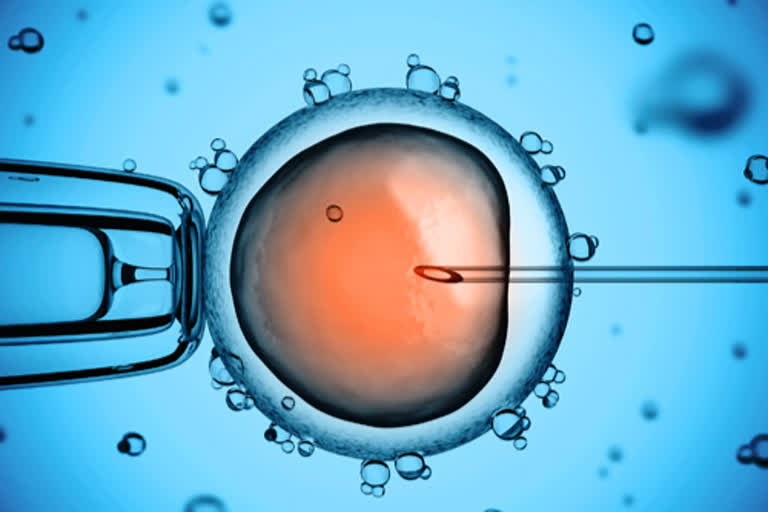New Delhi : Wednesday remained a big day for Indian medical practitioners as the Assisted Reproductive Technology (ART) Regulation Bill, 2020, got passed in Lok Sabha. The medical fraternity hailed the bill that provides for the “safe and ethical practice of assisted reproductive technology services”, including egg or sperm donation, in-vitro fertilisation (IVF), intrauterine insemination (IUI), and gestational surrogacy. The bill also aims to introduce protections for egg donors, gestational surrogates, and children conceived through ART services.
Major guidelines in Bill
The bill makes registration mandatory for every ART clinic and egg/sperm bank in the country under certain laid-down standards. The bill also specifies the eligibility criteria of gamete donors, how many times they can donate, and under what conditions.
Offences under the bill, include clinics offering sex selection, abandoning or exploiting children born through ART, the selling, buying, or importing of human embryos, and exploiting the couple or donors concerned in any form. Proposed jail terms for violations range from five to 12 years, and fines from Rs5 lakh to Rs25 lakh.
Also Read: Lok Sabha passes bill to regulate assisted reproductive technology services
Health Minister Mansukh Mandaviya, while moving the Bill for passage, said "Many such ART clinics have been running without regulation. A need was felt for regulation of such clinics as there are implications on health of those who undertake the procedure.”
Opening the debate, Congress’s Karti Chidambaram said this law is Victorian as it doesn’t include lesbian, gay, bisexual, or transgender people (LGBTQ) or single men for exercising the right. He also urged the government to consider supporting poor childless parents to take ART’s help.
While supporting the Bill, Dr. Heena Gavit of the BJP said the Bill sets minimum standards and codes of conduct for fertility clinics and egg or sperm banks and about 80% of ART clinics are not registered. In the preamble of an earlier draft of the bill, the ICMR had said that there had been an “exponential growth” in fertility clinics, and that this could lead to unethical or exploitative practices.
“Now a days anyone in the contrary can open a in infertility or a ART clinic as no permission is required for it. So because of that lot many such clinics got got opened," mentioned the draft bill. "Concerning all this, in public interest it becomes important o regulate the functioning of such clinics to ensure that the services provided are ethical and that the medical, social and legal rights of all those concerned are protected,” it added further.
Journey since 2005
Roots of this bill can be found in “National Guidelines for Accreditation, Supervision and Regulation of ART Clinics in India”, drafted by the ICMR in 2005. Three years later, the ICMR came out with the draft ART (Regulation) Bill and Rules 2008.
The present bill was first tabled in the Lok Sabha on 14 September 2020. On 3 October last year, the bill was referred by the Rajya Sabha chairman in consultation with the Lok Sabha Speaker for further examination to a department-related parliamentary standing committee on health and family welfare. The standing committee tabled its report in Parliament on 19 March 2021. After many twists and turns it got passed on Wednesday.



